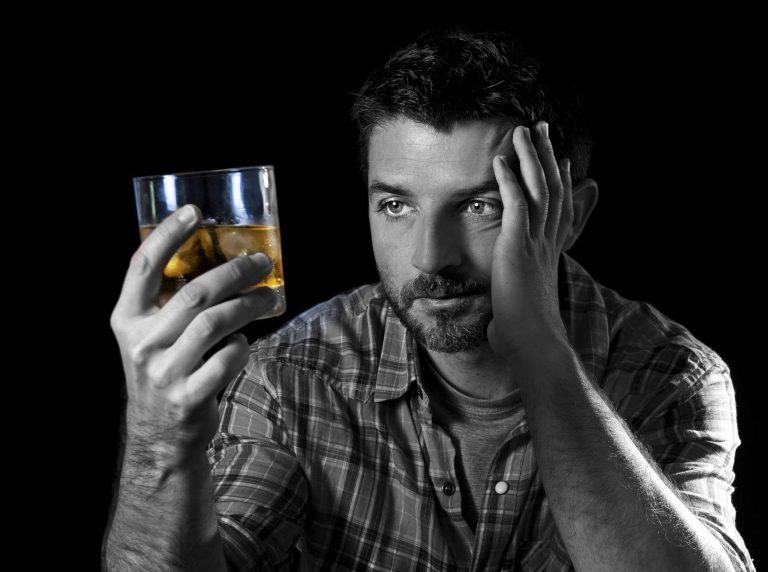Another goal of therapy at this stage is to help clients identify their denial. I find it helpful to encourage clients to compare their current behavior to behavior during past relapses and see if their self-care is worsening or improving. I have also included a link to a public service video on relapse prevention that contains https://bytdobru.info/statya/?m=statya&n=155 many of the ideas in this article and that is freely available to individuals and institutions [5]. People in the pre-contemplation stage of change are not even considering changing their drinking or using behavior. They may be in denial of their issues or believe that anyone who might point out their problem is exaggerating.

Common Alcohol Withdrawal Symptoms
- Relapse is a common feature of substance use disorders, and it is more the rule than the exception.
- Recognizing these stages is crucial in understanding the full scope of addiction and its impact on individuals and communities.
- In this stage, they mentally prepare for any support or substance abuse treatment that they intend to get.
- The way that people progress through the different stages is very different and is dependent on each individual.
Although they are still drinking, they’ve likely begun telling friends and family members about their plan to change their behavior — but they may still feel some ambivalence about their choice. It’s a disease that typically develops gradually over time as a person drinks more and more regularly, which causes chemical changes to occur in the brain. It stands to reason that alcohol recovery http://dom2-fany.ru/show/2020/12/26/increase-brain-power-focus-music-reduce-anxiety-binaural-and-isochronic-beats.html is also a gradual process with no set timeline. There are many different paths to substance use recovery, and 12-step programs are just one resource that people may find helpful. Research suggests that 12-step interventions and mutual support groups can be essential in recovery. The leader helps individuals assess the degree of structure and connection they need as recovery progresses.
- S. National Survey on Drug Use and Health, more than 75 percent of people addicted to alcohol or drugs recover—their condition improves and substance use no longer dominates their life.
- The endpoint is voluntary control over use and reintegration into the roles and responsibilities of society.
- Therapeutic modalities such as cognitive-behavioral therapy (CBT), motivational interviewing, and mindfulness-based interventions offer diverse tools to address the multifaceted aspects of addiction.
- When gamblers lose, the emotional crash of a loss requires a quick fix to regain that high.
- At least equally necessary is developing in a positive direction out of the addiction.
The 12 Steps
- As individuals go deeper into mental relapse, their cognitive resistance to relapse diminishes and their need for escape increases.
- According to DiClemente and Prochaska, the ultimate goal for the stages of addiction recovery and change is termination.
- Underlying psychopathology/trauma/life issues that contributed to the addictive behavior may surface.
- In the preparation stage, the person is beginning to move forward with plans made in the contemplating stage to change their substance use.
It often begins with experimentation, driven by curiosity or peer pressure. As use continues, tolerance develops, leading to increased consumption to achieve the same effect. This stage is marked by a loss of control over use and preoccupation with obtaining the substance. Understanding the stages of addiction is essential for anyone seeking insight into their own or a loved one’s struggles. Read on to explore these stages and gain valuable knowledge about the journey toward recovery and the various rehabilitation methods for regaining control over one’s life. At this point, people are committed to change and are preparing to take action within the next several days or weeks.

Behavioral Changes as Core Contributors to Health

Bear in mind the person recovering from an addiction will need real-time to go through these big steps (not just a few days or a month). It’s up to each individual to decide http://musrok.ru/load/metal/sober_truth_f_r_e_a_k_2011_hd_720p/2-1-0-49946 when to begin “working the steps,” and when to approach a sponsor. Your sponsor is meant to provide guidance, support, and understanding during the steps process.

What Are the 12 Steps of Recovery?

Addiction Treatment Programs
- Often, denial is prevalent, and the person is not considering change.
- But in the repair stage of recovery, it is not unusual for individuals to feel worse temporarily.
- Clients are encouraged to challenge their thinking by looking at past successes and acknowledging the strengths they bring to recovery [8].
- They also value having role models of recovery and someone to call on when the recovering self is an unsteady newborn.
- This phase often involves experiencing severe consequences, such as loss of relationships or employment.
Leave a Reply